🇨🇳 Xi Jinping: The Person Behind China's Powerful Presidency
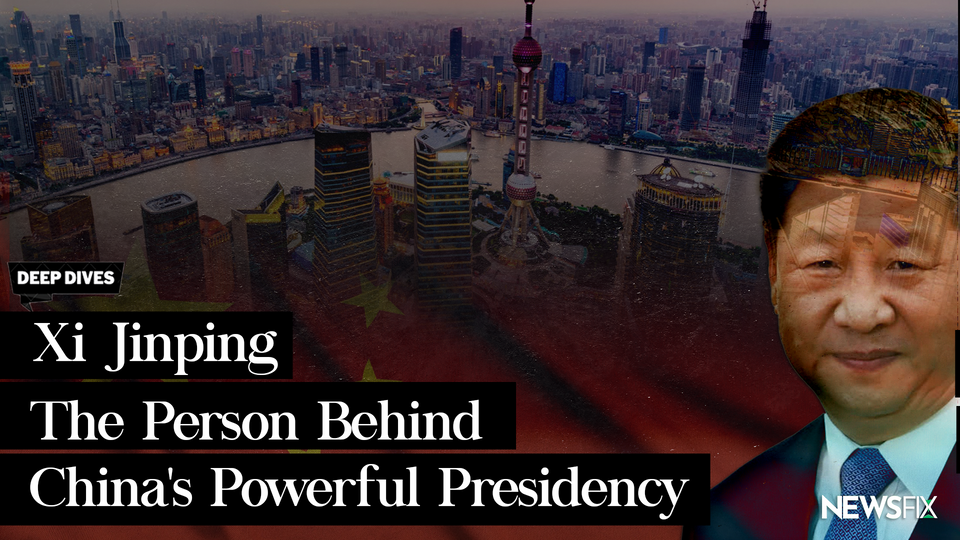
Morning all,
There are very few people in the world that are public figures, yet intensely private people.
China's president, Xi Jinping, is arguably one of the most powerful and recognisable people on the planet, but how much is actually known about his personal life?
Some say he's the most "powerful" man in the world, others have said he's the most "dangerous".
Well, we did some research, and it turns out he has quite a fascinating story.
Until tomorrow,
Your Fixers
BEFORE WE REALLY BEGIN...
To understand Xi Jinping, we really have to know the basics on China.
Let's start in 1949, the year the country became the 'People's Republic of China'. There was a civil war on the mainland between communists and nationalists. The communists - under the leadership of Mao Tse-tung - defeated the nationalists, who ultimately fled to Taiwan.
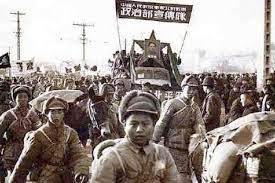
Side note: Today, Taiwan's official name is the 'Republic of China'. It considers itself its own sovereign state, whereas China views it as a breakaway province.
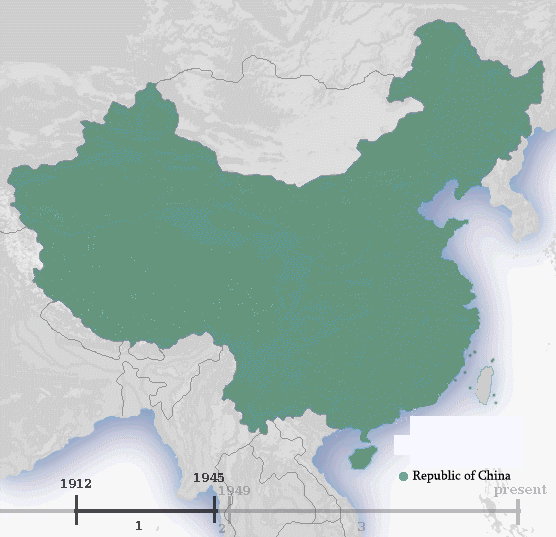
Chairman Mao was the leader of the Chinese Communist Party (CCP) from 1935 until his death in 1976. While Mao is widely regarded as the principal architect of the new China, he has a mixed and complex legacy. Some of his policies were disastrous and caused the deaths of tens of millions of people.
Today, the CCP dominates political life in China - a country with a population of roughly 1.4 billion people, where 91% of them are said to be Han Chinese in terms of ethnicity.
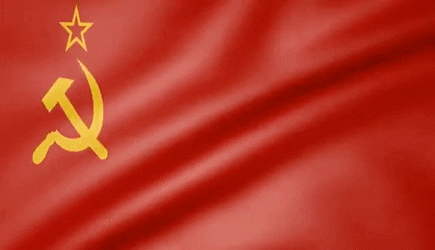
The party has only had five generations of leaders, and for a decade now the man at the helm has been Xi Jinping.
BACK TO XI JINPING
Okay, in China a person's surname comes first. 'Xi' is the president's last name. For example, his father was called Xi Zhongxun.
To avoid confusion, we'll call the current president 'Xi', and refer to his father as 'Zhongxun'.
Quite frankly, for the president of the most populated country in the world, there is a real shortage of work that gets to the heart of who Xi really is. In many ways, the blank pages tell their own story.
Unlike previous leaders of China, Xi rarely submits to questions - even friendly ones.
XI JINPING'S FATHER
Xi Jinping was born in 1953 in Beijing, and was the son of Xi Zhongxun - an early comrade of Chairman Mao.
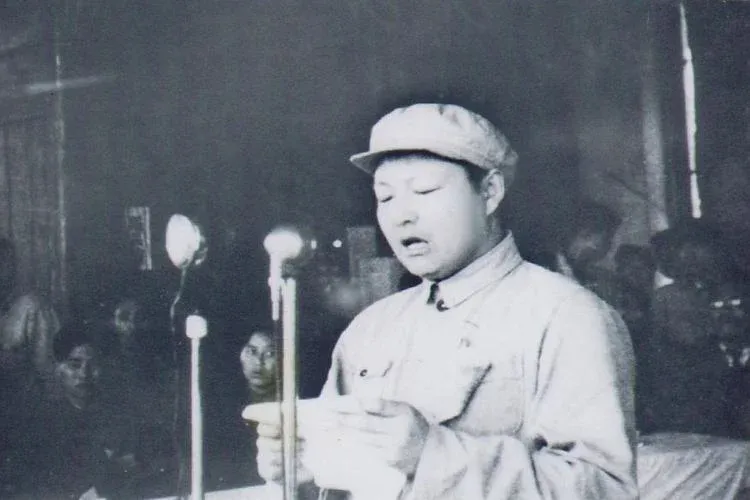
Zhongxun had been a communist revolutionary since he was young. By the age of 14, he even reportedly attempted to poison a teacher of his who he considered counterrevolutionary. He went on to become a senior politician in the CCP.
In a 2004 interview, Xi described how his father would "explain what revolution is... we heard so much of this that our ears got calluses".
However, by 1966 Zhongxun fell out of favour with Chairman Mao's communist party during the Cultural Revolution. It was a decade-long era of violent, political and social chaos. During this time, as many as two million people are said to have died, and it has been described as "one of the bloodiest eras in Chinese history".
"Its bewildering complexity and almost unfathomable brutality was such that to this day historians struggle to make sense of everything that occurred during the period." - Analysis from The Guardian
How did Zhongxun fall out with the party? He was accused of supporting a novel that Mao opposed, and was purged from the party.
As such, he and his family were sent to the countryside in 1969. Zhongxun had to work in a factory while his wife Qi Xin laboured on a farm. Reports suggest he was routinely beaten and interrogated during this time.
Xi Jinping - who had been born into relative luxury - was detained three or four times by groups of revolutionary Red Guards and made to denounce his father.
THE IMPACT ON XI
Xi was the third of Zhongxun and Qi's four children, and was a teenager when he was sent from the capital to a remote village called Liangjiahe.
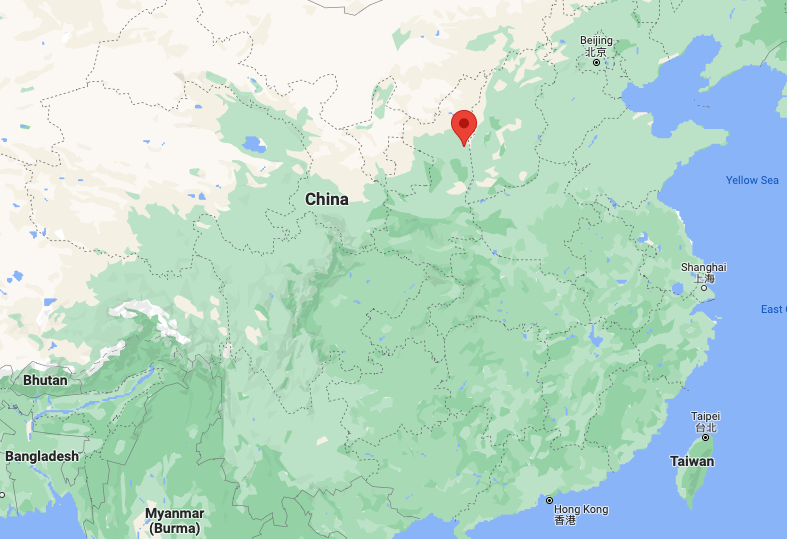
While there, China's future president lived in a cave and worked the land for five years - shovelling sewage and feeding pigs. Xi attempted to flee after three months, but was arrested and made to return.
These days, the cave is actually somewhat of a shrine to Xi.
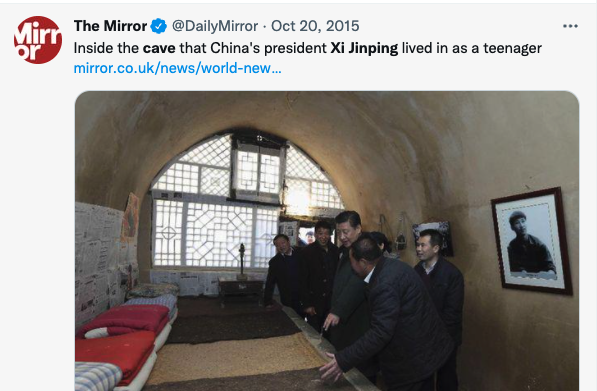
Xi later said "the intensity of the labour shocked me," but did acknowledge he became a voracious reader at the time.
“Fat in January, thin in February; half-dead in March and April. We say a sword is made on a grinding stone and man is forged in hardship.”
It was, of course, a marked change from his comfortable upbringing in Beijing - and an experience Xi would later use to bolster his communist credentials.
The New York Times once reported Xi later used that time "as an uplifting story of a city boy who discovers the suffering of ordinary Chinese in the countryside and resolves to make a difference".
The period was also a profoundly difficult one. Reportedly while in the village, Xi received a letter informing him his older half-sister Xi Heping - from his father's previous marriage - had died, being "persecuted to death".
Multiple media reports have cited historians - who speak on the condition of anonymity - saying Xi Heping "probably had taken her own life under duress, as many targeted by the Red Guards did in those years".
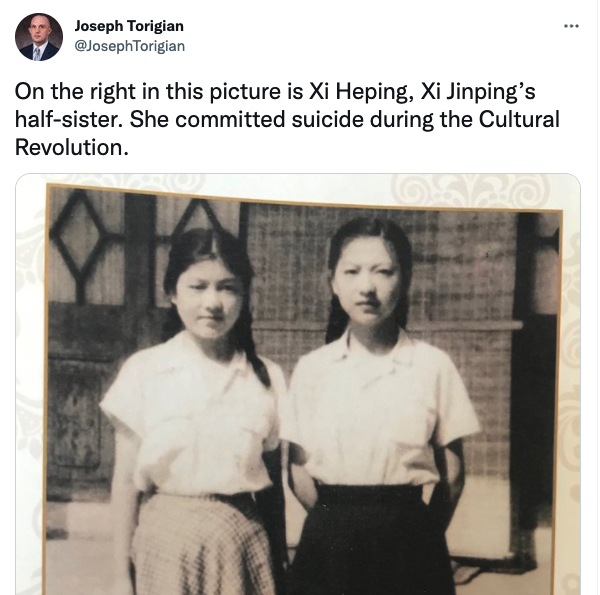
POLITICAL BEGINNINGS
Given the persecution his family endured, it would have been unsurprising if Xi had turned away from the communist party.
However, his resolution to join the party seems to have been unwavering - to the confusion of many peers. In total, it took Xi ten attempts to be accepted, with many in the party reluctant given Xi's family's complex history with it.
In 1974, Xi was once again connected to the party and became the secretary of the village. The next year, Xi went to a prestigious university in Beijing to study chemical engineering.
Worth noting: He was enrolled as a "worker-peasant-soldier" - which meant he was admitted on political merit rather than academic.
FAMILY LIFE
In the spring of that year (1975), Xi's father was reinstated into the party. Even though at this point he was only 22 years old, Xi had already experienced purge, punishment and redemption at the hands of the Communist Party.
Meanwhile, his siblings moved around the world. His brother and sister moved to Hong Kong, and his other sister reportedly settled in Canada. However, Xi stayed - planning to invest his time in the party.
At this point, Xi met and married his first wife, Ke Xiaoming - the daughter of China's ambassador to the UK. They were said to have argued frequently, and the couple later divorced.
BUILDING A CAREER
After graduating from university in 1979, Xi's first job was as secretary to a military and party official in Beijing, a post he kept for three years.
However, Xi believed that leaving Beijing was key to expanding his network and the route to power. As such in 1982, shortly after turning thirty, he asked to leave Beijing and was sent to become a deputy Party secretary in rural Hebei Province.
In Hebei, Xi built good relations with the retired cadres - donating his new car to them, as well as organising for them priority medical appointments. Whilst in Hebei, Xi also experimented with market economics and permitted farmers to raise animals rather than grow food for the Chinese state.
XI IN IOWA
In 1985, Xi travelled with an agricultural delegation to the US state of Iowa. There he stayed in a town called Muscatine with local residents.
Xi did not identify himself as an official of the Communist party, rather as somebody working in agriculture.
Fast forward to 2012 and Xi would once again visit Iowa and the locals he met decades before - but this time as China’s vice president.
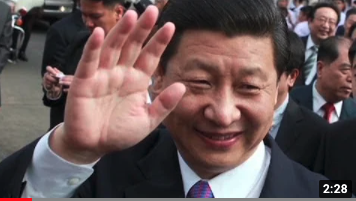
One of the local residents would later remark, “no one in their right heir right mind would ever think that that guy who stayed in my house would become the president. I don’t care what country you’re talking about”.
Anyway, back to 1985...
FUJIAN
Xi returned to China and continued to ascend party ranks. In 1985, he was promoted to party committee member and vice mayor of Xiamen, Fujian.
Fujian is across the sea from the contested break-away territory of Taiwan - or the Republic of China. As such, Xi had many business dealings with companies there - meeting foreign investors, and adopting western suits.
One Taiwanese businessman named Liao Wanlong said Xi;
“would speak only if he really had something to say, and he didn't make casual promises. He would think everything through before opening his mouth. He rarely talked about his family because he had a difficult past and a disappointing marriage”.
PENG LIYUAN
Whilst working in Fujian, Xi met famous folk singer Peng Liyuan in 1986. In an interview she recalled how she thought he “looked uncultured and much older than his age”. Despite this, the couple married a year later in 1987.
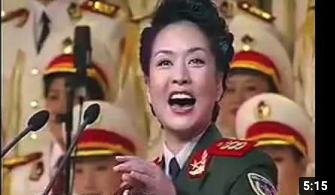
The couple have one daughter, Xi Mingze, but little is known about her other than that she studied at Harvard University.
As a mother, Peng Liyuan mostly stopped performing. In future years she instead turned to activism on HIV, tobacco control and women’s education. Unlike previous presidential couples in China, Peng and Xi would go on to be spotlighted through state media as China’s First Couple.
'MR CLEAN'
Okay, back to Fujian...
In 2000, Xi was promoted from Vice Mayor to Mayor of the province - and he was concerned with conservation efforts and cooperation with Taiwan.
During his time as mayor, at times Xi prosecuted corruption - and he was considered “mr clean” for turning down a sizeable bribe. However, under his leadership billions of dollars of goods were smuggled into China with the help of local military and police.
Xi also tolerated local gang boss and tycoon Chen Kai - who ended up being arrested, tried and sentenced to death.
In total, 50 officials were prosecuted for accepting bribes. Xi was never linked to the cases - but they left a stain on his time there.
THE POLITICAL CLIMB
In 2007, the prestigious position of Party Secretary of Shanghai became available following a high-level corruption investigation - Xi got the job.
In Shanghai, Xi demonstrated his political skills - navigating a corruption scandal that implicated former President Jiang Zemin, without alienating Jiang himself. In Shanghai, Xi rejected the stylish villa offered to him - saying it would be better used for retired Party veterans.
Within the space of ten years, Xi had risen from relative obscurity to become a high-profile politician. This was just in time for the 17th National Party Congress in October 2007 - when the Party was set to choose the next generation of Party leaders.
RISING TO THE TOP
At the Party Congress, Xi was selected as one of the nine members of the Politburo - which is the most senior body within the party. As one of these members, Xi was now on the shortlist to replace Hu Jintao as the General Secretary of the Party and President of China.
Worth noting: since 1993, the General Secretary of the communist party usually also holds the positions of president of the country, and chairman of the Central Military Commission (CMC). This consolidates their power across the party, the state and the military, respectively.
A year later when Xi was elected as the country’s vice president, it was fairly clear that he was destined to lead the party - the same party that persecuted his family, and sent Xi to live in a cave.
“Any understanding of who Xi Jinping is must begin with his dedication to the party as an institution—despite the fact that through his personal life, and his political life, he has experienced the best of the party and the worst of the party.” - Former Australian Prime Minister, Kevin Rudd
During a trip to Mexico as vice president in 2009, Xi gave some insight into how he thinks about China on the global stage.
“There are some foreigners from better off countries who have nothing better to do than point fingers at our affairs. China does not, first, export revolution. Second, it does not export poverty and hunger. Third, it does not cause trouble for you. What else do you have to criticise us about?” - Xi Jinping, 2009
MR PRESIDENT
In 2012 Xi was selected to replace Hu as General Secretary of the Party, despite not being Hu’s first choice. Despite this, Xi managed to gain support of senior party members - persuading them he was the best choice.
The following year in 2013, Xi was elected as the President of China by the National People’s Congress (NPC).The NPC is the highest organ of state power in China - made up of 2,980 members who are elected through local elections every five years.
The majority of NPC members are also members of the Communist Party. The NPC has the power to elect senior officials - from the President downwards, as well as the power to remove them. But its role has been described as “ceremonial’ - and its function a “rubber stamp” for the Communist Party.
By the start of Xi’s tenure in March 2013 - he held the three crucial roles: General Secretary of the Communist Party, President of the country and Chairman of the Central Military Commission.
One of Xi’s first initiatives after coming to power was a vast anti-corruption campaign - which saw more than one hundred thousand officials punished by the end of 2014. This number rose to a million by the end of 2017.
The corrupt officials removed included many of Xi’s political rivals. As such, observers view the anti-corruption campaign as a partly political manoeuvre to consolidate his power.
THE AUTHORITARIAN LEADER
In addition to a crackdown on corruption, Xi’s domestic policies have been viewed by many observers as authoritarian - and he has been described as China’s “most authoritarian leader since Mao”.
In the semi-autonomous region of Xinjiang, a brutal crackdown of China’s Uyghur population has occurred. A number of Western countries have officially labelled this as “genocide”. The allegations - which China strongly denies - include networks of internment camps, forced labour and sterilisation.
In Hong Kong, Xi sought to end widespread protests - sparked by a proposed extradition bill - through a June 2020 National Security Law. This criminalises secession, subversion and collusion with foreign forces, with a maximum sentence of life in prison. In its first year of enactment, 117 people were arrested under the law.
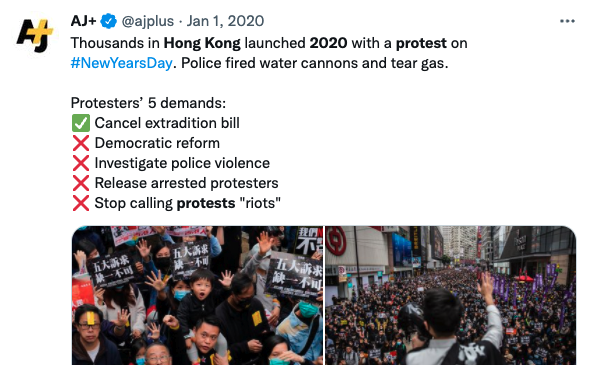
More widely, Xi has undertaken a policy of censorship - which includes a crackdown on NGOs and dissenting journalists. Human Rights Watch (HRW) described it as the “harshest suppression of dissent in a decade”. In 2020, they described China as an “Orwellian high-tech surveillance state”.
FOREIGN AFFAIRS
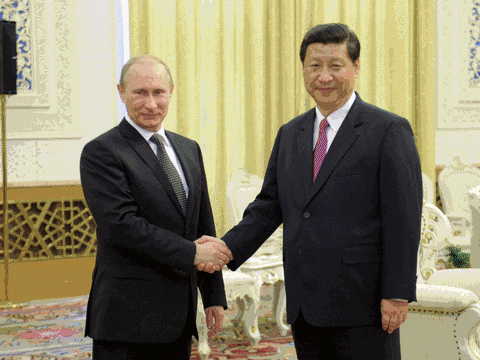
Under Xi, China has also become more proactive in international relations. Xi’s flagship ‘21st century belt and road initiative’ - seeks to link China with East Asia, Central Asia and Europe.
Xi has increased Beijing’s soft power by investing billions of dollars throughout Asia and Africa. Under his leadership, China has also established the New Development Bank and the Silk Road Infrastructure Fund as alternatives to the US-based World Bank and IMF.
China has become more assertive in global affairs under Xi - acting increasingly forcefully in regard to its contested territorial claims in the South China Sea, and the expansion of its armed forces.
Xi is clearly wary of the West - and has accused US companies such as Microsoft as being “warriors” for the US. He has forged closer relations with Russia, and in 2014 when Moscow faced sanctions over Crimea, Beijing agreed a deal for Russia to supply China with gas.
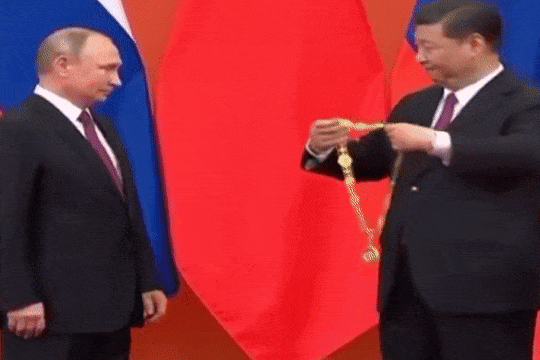
LEADER FOR LIFE?
In 2016, the CCP titled Xi “core leader’ and voted to enshrine his name and ideology in the party’s constitution. In the past, only Mao Zedong has been given such an honour.
When 2018 came around, it was time to nominate a successor. However, the NPC instead abolished term limits for the country’s presidency - meaning that in theory, Xi could now stay in this role for his lifetime.
Prior to this, there was a ten year constitutional limit on the position. As The Guardian noted, "after the Cultural Revolution, Mao's successors resolved that never again should one person hold such power", adding "Xi has ripped up this unwritten rulebook".
NATIONAL SUPPORT?
It is difficult to ascertain how much support Xi enjoys domestically, given that private pollsters are unable to measure this. Horizon Research Consultancy Group - a polling firm based in Beijing - did conduct indirect research back in 2015.
It found that Xi enjoyed 80% popular support. The bulk of that was rooted in his anti-corruption agenda and foreign policy. At that time, citizens were unsure of Xi in regard to the economy.
In the post-COVID world, China’s economy bounced back quickly compared with other nations. Indeed, it just surpassed the EU’s in size for the first time ever this month - and China’s economy is forecasted to become the world’s largest by 2030.
However, China’s economic growth also shows signs of slowing. How Xi contends with this - whilst delivering on a pledge for fairer distribution of wealth - may impact upon his support.
For now, Xi - who Professor Kerry Brown from King’s College London describes as a “formidable operator” - is continuing to deliver an unexpected punchline: “a communist, one-party state ending up as the world’s most successful capitalist economy”.
We hope this made for an interesting and helpful read! Want to help us? Tell a friend about NewsFix, and let's grow this community together ✌🏽
